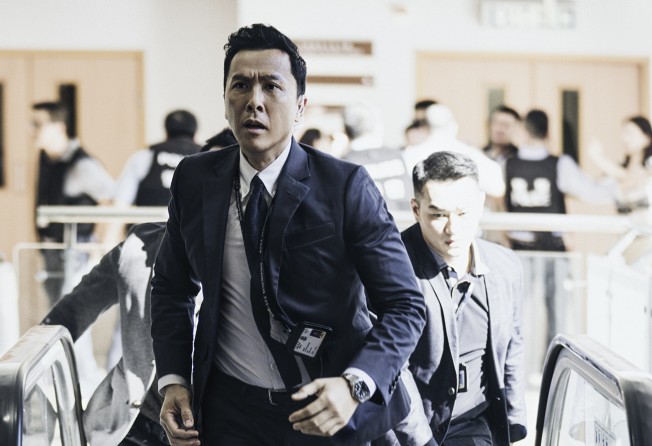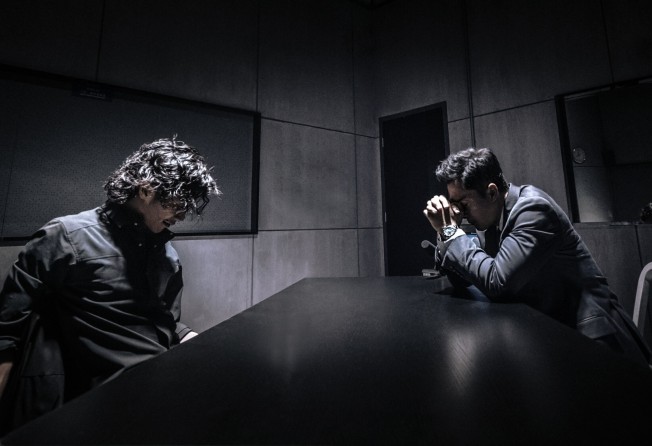Raging Fire movie review: Donnie Yen, Nicholas Tse fight to the death in Benny Chan’s action-packed final film
- Donnie Yen’s incorruptible police officer fights Nicholas Tse’s officer-turned-criminal in a film packed full of shoot-outs, car chases and hand-to-hand combat
- Despite touching on knotty subjects such as police brutality and corruption, the crude screenplay means Raging Fire is often illogical

3/5 stars
“The world isn’t all black and white; it has a lot of grey areas too,” declares martial arts superstar Donnie Yen Ji-dan’s police officer character at an internal investigation hearing late in Raging Fire.
The irony is that the course of justice may be perverted at every turn, but there isn’t an ounce of moral ambiguity to be found in the thrilling but clumsily scripted swansong of director Benny Chan Muk-sing (Call of Heroes). The revered director died of cancer in August 2020 while his project was still in post-production.
Reuniting Dragon Tiger Gate (2006) co-stars Yen and Nicholas Tse Ting-fung as nemeses on opposite sides of the law, Raging Fire has enough incendiary shoot-outs, nail-biting car chases and brutal hand-to-hand combat to satisfy even the pickiest of action movie aficionados.
Yen plays incorruptible police senior inspector Bong, who is left out of a major drugs bust after his refusal to collude with the crooked top brass on another case. When Bong belatedly arrives on the scene, he is witness to the massive casualties left behind by a masked group of thieves and murderers.
The thugs are soon revealed to be five ex-law enforcers led by Ngo (Tse), who was once a rising police star. Bong used to be Ngo’s mentor, until the latter and his squad beat a criminal to death and Bong proved unwilling to lie to spare them time in prison.

Four years have passed since, and Ngo and his fellow ex-cons are dead set on exacting revenge on those they deem ungrateful for their efforts. Sadly, their transformation from bright young officers to cold-blooded psychopaths never convinces.
Viewers are asked to believe that these cocky criminals have somehow left no evidence the police can pin on them – never mind that their modus operandi has all the subtlety of a sledgehammer – but this makes little sense beyond serving the film’s dramatic purpose.
Despite touching upon knotty subjects such as police brutality and corruption, Raging Fire’s lamentably crude screenplay – co-scripted by Chan, Ryan Ling Wai-chun and Tim Tong Yiu-leung – tends to take the easiest option imaginable, at times simply attributing its characters’ actions to blind fury (see film title).
Ngo is the perfect embodiment of this kind of unsophisticated character. After overacting in his role as the villain in Chan’s 2011 film Shaolin, Tse is again given free rein to work through his repertoire of angry stares and evil grins.
Still, there is no denying this old-school police thriller represents the best that Hong Kong action-film making has to offer – Raging Fire is essential viewing for Chan’s admirers. The film’s often illogical story may be no more than an afterthought to most of the audience it targets.

Want more articles like this? Follow SCMP Film on Facebook